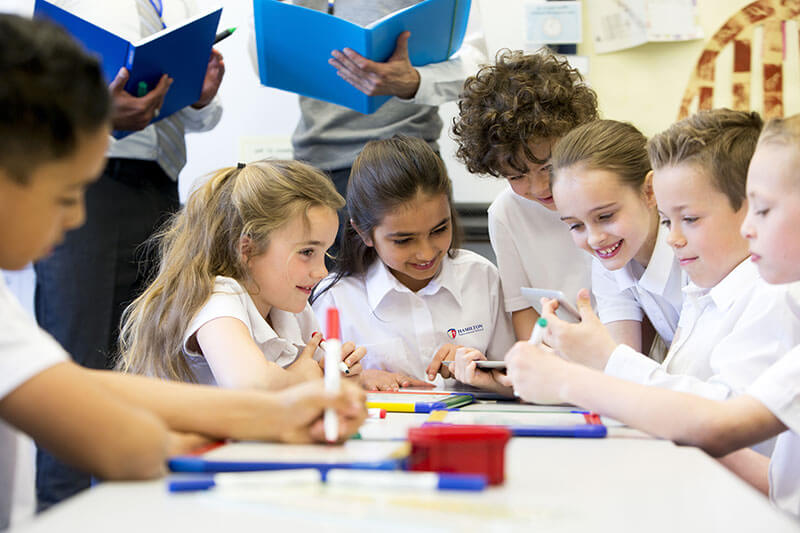Primary school education forms the bedrock of a child’s academic journey, laying the foundation for future learning and personal development. Understanding the nuances of primary school in Qatar is essential for parents, educators, and anyone involved in shaping the educational experience of young learners.
Ages and grade levels
Primary school education typically spans the initial years of a child’s formal education, starting around the age of 6 and continuing until the age of 12. These formative years are divided into different grade levels, commonly ranging from Grade 1 to Grade 6 or 7, depending on the educational system.
Holistic learning
Primary education goes beyond academic instruction; it embraces holistic learning. The curriculum integrates various subjects such as mathematics, language arts, science, social studies, and arts. This diverse approach aims to foster a well-rounded education that nurtures cognitive, social, emotional, and physical development.
Developmentally appropriate practices
Primary school educators employ developmentally appropriate practices to cater to the specific needs and abilities of young learners. These practices consider the cognitive, emotional, and social milestones of each age group, ensuring that the curriculum and teaching methods align with the developmental stage of the students.
Importance of literacy and numeracy
Literacy and numeracy skills form the core of primary education. The focus on reading, writing, and basic mathematical concepts is fundamental to building a strong academic foundation. These skills are crucial for academic success and also for lifelong learning and critical thinking.
Social and emotional learning (SEL)
Primary school education places a significant emphasis on social and emotional learning. Students learn to understand interpersonal relationships, develop empathy, and build essential life skills such as communication, collaboration, and conflict resolution. SEL contributes to creating a positive and inclusive school environment.
Individualized instruction
Recognizing the diversity in learning styles and abilities, primary education often incorporates individualized instruction. Teachers strive to address the unique needs of each student, providing support and challenges tailored to their level of readiness and understanding. Additionally, assessment in primary school is not solely focused on testing but includes various forms of evaluation. Teachers use formative assessments, projects, and observations to gauge students’ progress. Feedback is provided to guide further learning and encourage a growth mindset.


